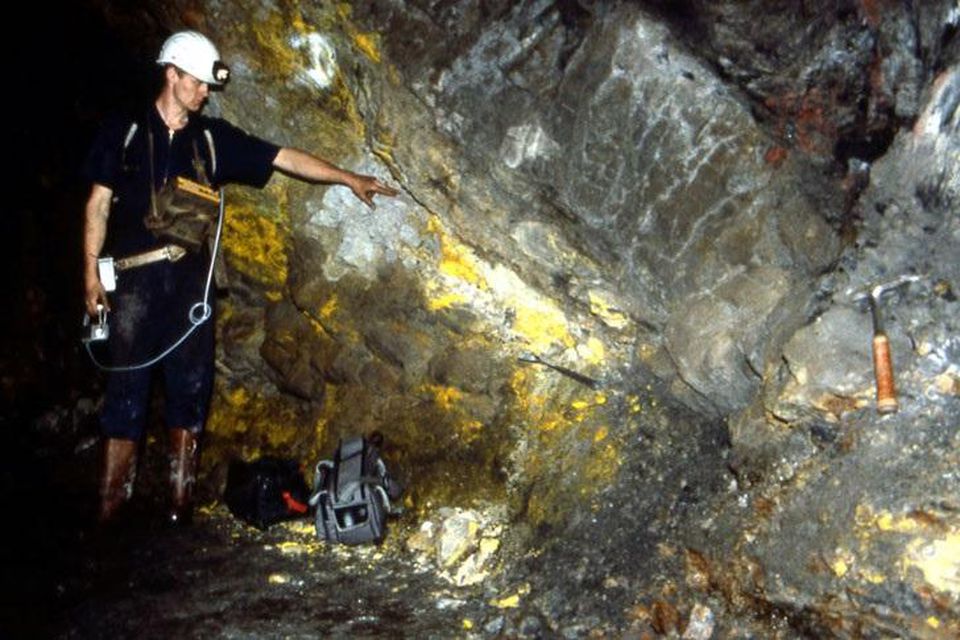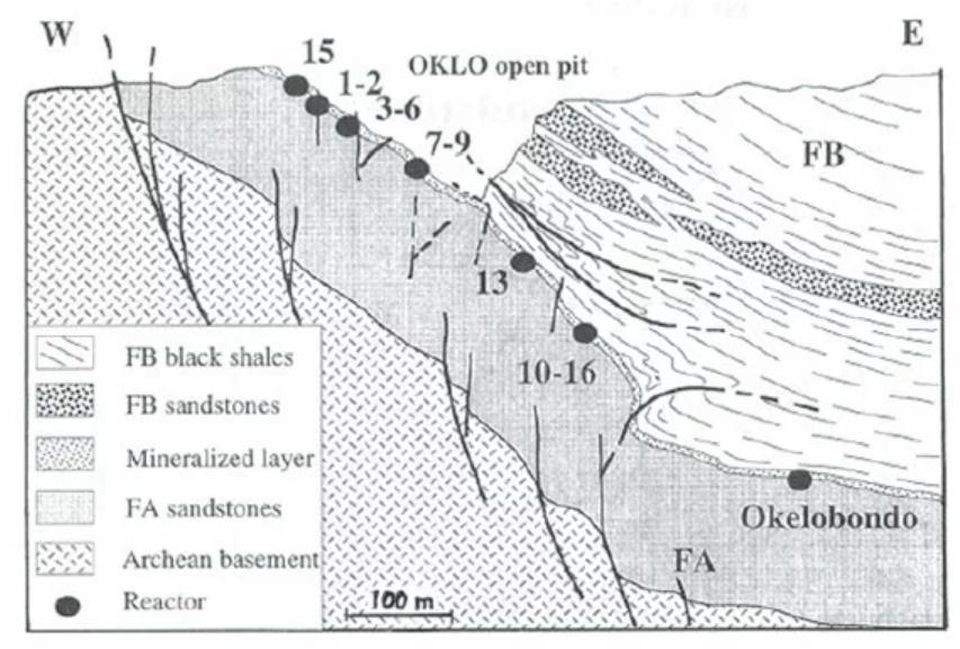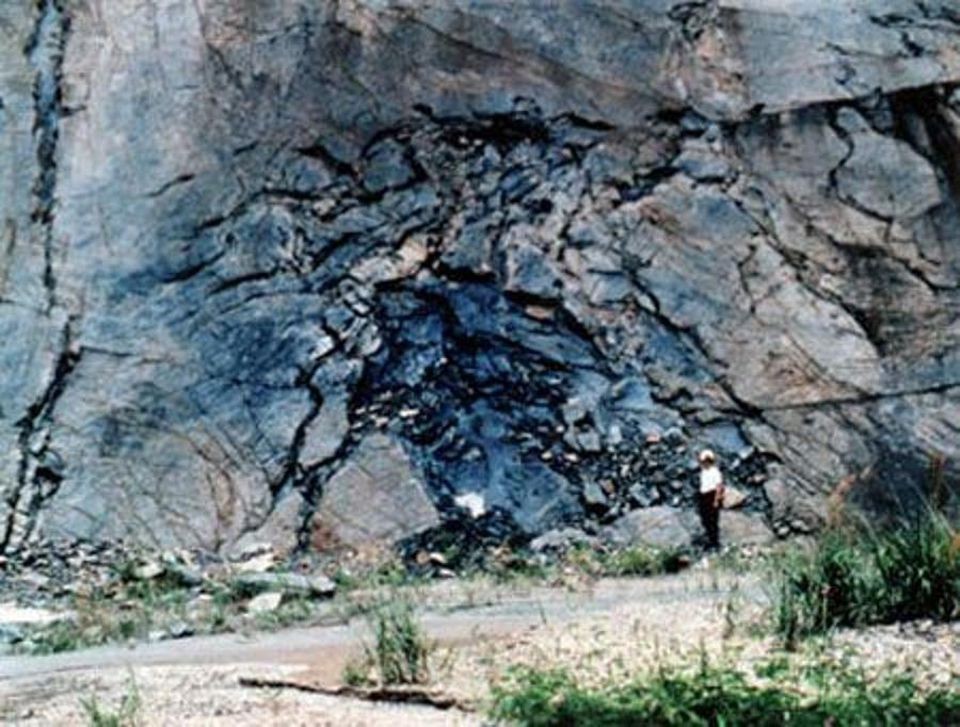Yes; it's a natural nuclear reactor. Here's how.
Earth’s Natural Nuclear Reactor: Unearthing a Billion-Year-Old Phenomenon
The Perfect Conditions for a Natural Nuclear Reactor
Our planet has existed for approximately 4.543 billion years. Throughout this vast expanse of time, countless events have transpired on Earth’s surface and beneath the ground, shaping the world we know today. One lesser-known marvel of our planet is the existence of a natural nuclear reactor billions of years ago. This reactor was not the product of aliens or a long-lost advanced civilization, but rather a unique phenomenon created by Mother Earth.
Oklo, Gabon: Home to a Unique Discovery
In Oklo, a region near the town of Franceville in Gabon, several natural nuclear fission reactors were accidentally discovered within uranium mines in 1972. Scientists have since identified 17 reactor sites in the vicinity. The Oklo fission reactors are the only known examples of natural nuclear reactors on Earth. This intriguing discovery was made when researchers examining the site for potential uranium mining found that the metal’s isotope ratio significantly deviated from values observed elsewhere on Earth—a clear indication of uranium-235 fission.

Unearthing the Secrets of Oklo’s Natural Nuclear Reactor
Further investigation revealed the presence of induced radioactive decay products, such as neodymium-143 and ruthenium-99. Normally, uranium ore consists of 0.720% uranium-235. However, the samples analyzed in 1972 contained only 0.717% of uranium-235, a seemingly small but significant difference. Scientists concluded that the mine at Oklo had consumed around 200 kilograms of uranium-235 in the distant past, with the missing 0.003% having undergone nuclear fission and splitting into various other atoms.
The Ideal Conditions for Nuclear Fission
Uranium is naturally radioactive, and several factors had to align perfectly for a natural nuclear reactor to form spontaneously. The conditions in Oklo, Gabon, happened to be just right to sustain nuclear reactions. Scientists believe that three specific factors were necessary for natural nuclear reactions to occur.

First, a sufficient amount of uranium-235 had to be present to fuel the reaction. The 0.720% concentration of uranium-235 that existed in the region 2 billion years ago was the ideal amount for nuclear fission. Second, a source of neutrons was required. Uranium-235 decays naturally into thorium, releasing a neutron in the process. Finally, a supply of regulating material, such as the flow of natural groundwater present at Oklo, was necessary to control the entire process.
As atoms split, they release neutrons and energy. The water slowed down the neutrons, while the energy heated the water until it boiled off and evaporated. This process continued until there was insufficient water to decelerate the neutrons, causing the reaction to halt until more groundwater was available. Scientists estimate that this cycle repeated itself for millennia, gradually depleting the amount of uranium-235 at Oklo. Eventually, uranium-235 levels dropped too low for further reactions to occur.
PLEASE READ: Have something to add? Visit Curiosmos on Facebook. Join the discussion in our mobile Telegram group. Also, follow us on Google News. Interesting in history, mysteries, and more? Visit Ancient Library’s Telegram group and become part of an exclusive group.

